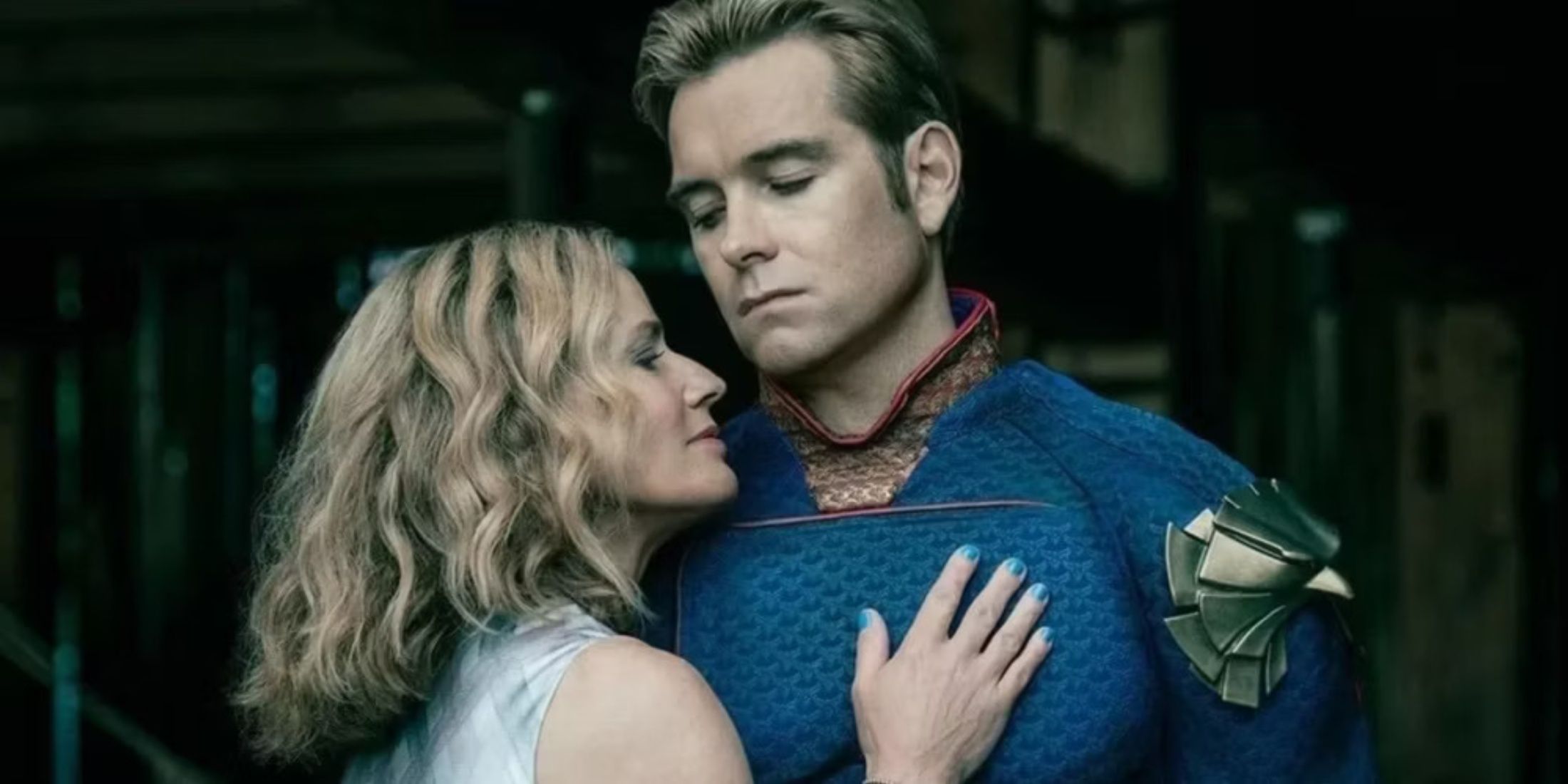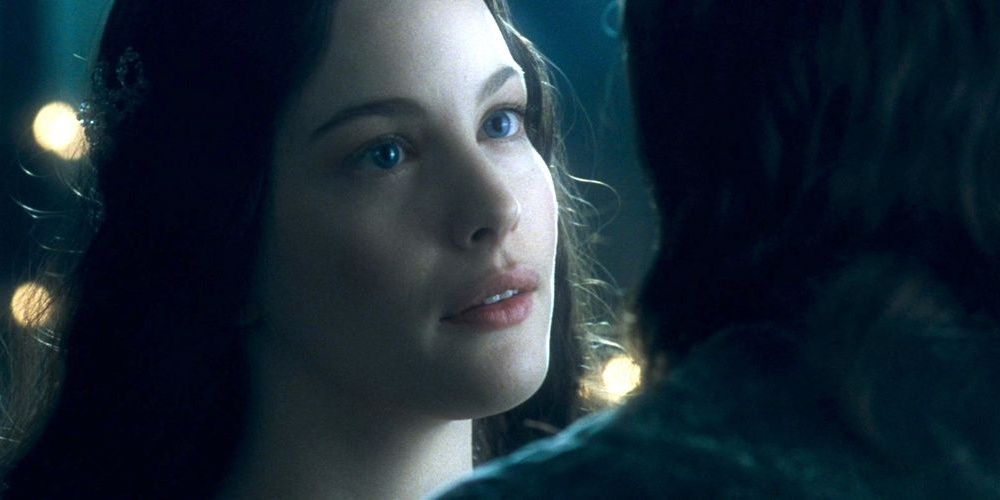Elves die all the time if the film trilogy The Lord of the Rings has anything to show for it. Not only do countless elves die during the Battle of Helms Deep, but there is also the slow decline of Arwen, and, in the extended version of The Fellowship of the Ring, Aragorn (known only as Strider at that point in the film) sings what’s identified as the Lay of Leithian. Indeed, when asked by Frodo what happened to the Elvish maiden in the song, Aragorn responds with two words; “She died.” But, if elves can die like Men, what happens to them after they die? Also, what kills an elf, to begin with? Aren’t they supposed to be immortal?
Fortunately, there are a couple of books that help readers navigate the complexities of the Elvish afterlife. The first is The Silmarillion, which details what kills (and doesn’t kill) an Elf along with explaining Mandos, to whose halls all elves travel after their death. The second is Beren and Lúthien, which shows a rare exception to the rule of what happens to Elves after they die.
But first, more about the Elves. The Elves of Middle Earth are immortal. This means that they cannot grow old or die from sickness. However, since their bodies are “made from the Earth”, they can be killed through other, often more violent, means. However, if an Elf manages to not violently die or waste away in grief, they will endure as long as the world does. If they do die before the end of the world, they then go to the Halls of Mandos in Valinor.
However, Elves do not need to perish violently in order to go to the Halls of Mandos. Should they become weary of the world, Elves can take the “straight way”, a route via ship only available to immortals, to the True West (also known as Valinor, where the Halls of Mandos reside). But what are the Halls of Mandos? Also, who is Mandos?
Mandos (also known by his true name, Námo) is one of the Fëanturi, masters of spirit. The other Fëanturi is Lórien (also known by her true name, Irmo). Mandos is the eldest of the Fëanturi and is the Keeper of the House of the Dead. His powers include being able to summon the spirits of those who are slain, remember everything, and tell the future. He cannot, however, keep the spirits of Men on Arda after their death or change anyone’s fate.
Dwarves also believe they go to the Halls of Mandos (or at least near it) after they die to be with their maker Aulë, who they will help in the rebuilding of the world. No one can escape the Halls of Mandos, including Melkor (a god of awesome power that rivals the strongest Valar), except for a single elf maiden who defies all rules and manages to leave the Halls of Mandos to return to Middle Earth.
This exception to the rules of what happens to Elves after they die occurs in Beren and Lúthien; a tale of love, adventure, and, ultimately, death. It tells the story of how Beren, a Man and thus mortal, falls in love with an Elf maiden, Lúthien, daughter of Thingol, a Firstborn, and Melian, a Maiar. Thingol isn’t too enthused about his demigod daughter falling in love with a mortal man, no matter how noble of blood and deed. Unfortunately (in Thingol’s eyes anyways) he swears an oath to Lúthien to not harm or kill Beren, so instead, he sends him on an impossible quest: claim for him one of the Silmarils off the crown of Melkor.
Beren, of course, reckons he’s got it and sets off with all the confidence of a mediocre white male. He then promptly gets captured and almost dies at the hands of Sauron. Fortunately, Lúthien is a complete badass who rescues him without even trying. This pattern of Beren setting off confidently and Lúthien bailing him out continues until Beren loses a hand, they get the Silmaril, and Beren is dying from his wounds.
At this point, Lúthien continues to amaze. As she’s holding a dying Beren in her arms, she kisses him and tells him to wait for her (makes sense, considering the terrible luck she’s had chasing after him) beyond the Western Sea. Then Lúthien follows Beren’s spirit to the Halls of Mandos, sings the saddest but most beautiful song ever sung, and moves Mandos to summon Beren and offer a choice. Either leave Beren and go to Valinor where she’ll live forever in peace or take Beren back to Middle Earth as a mortal and die alongside him. She, of course, chooses love and lives out the rest of her days with her incredibly devoted (yet oh so fragile) Beren.
Regardless of whether Elves experience death by traveling to the Halls of Mandos or, by turning mortal like Lúthien chose, facing the mysterious death of mortal Men, the question of what happens to Elves after they die is a question not easily answered. Much like anything, what happens to an Elf once they perish is laden with story and myth, with exceptions and exclusions, depending on the valor of the individual.





